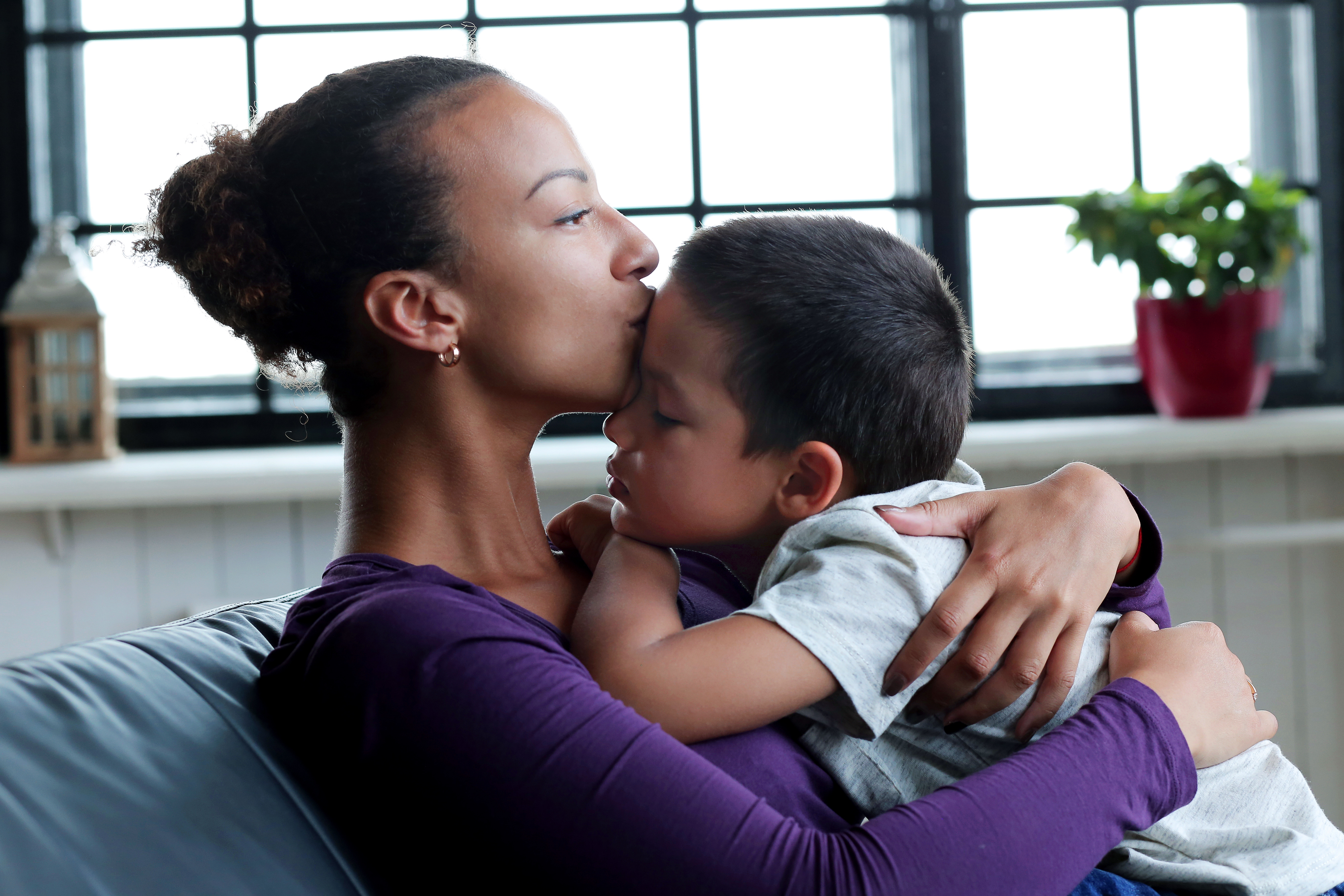What causes behavioural disorders?
Behavioural disorders can be caused by:
- biological factors
- social and environmental factors
- psychological factors.
Biological factors
Some traits seen in behavioural disorders can run in families. Children with a family history of behaviour problems, learning problems, anxiety, depression or bipolar disorder may be more likely to have a behaviour problem.
Social and environmental factors
Children who come from families that regularly experience a lot of stress may be more likely to show signs of a behavioural disorder. Some common family stressors might include:
- financial difficulties
- exposure to violence
- family breakup
- harsh or inconsistent parenting
- inconsistent supervision, for example due to a parent’s mental health challenges or different styles of caregiving from a number of people
Psychological factors
Children with behavioural disorders often have other mental health conditions (see below). How a child manages their emotions, activity level and attention may suggest vulnerability to certain behavioural disorders.
How common are behavioural disorders in children?
Behavioural disorders are common, occurring in 16 to 24 per cent of children and youth, from pre-schoolers through to teens.

